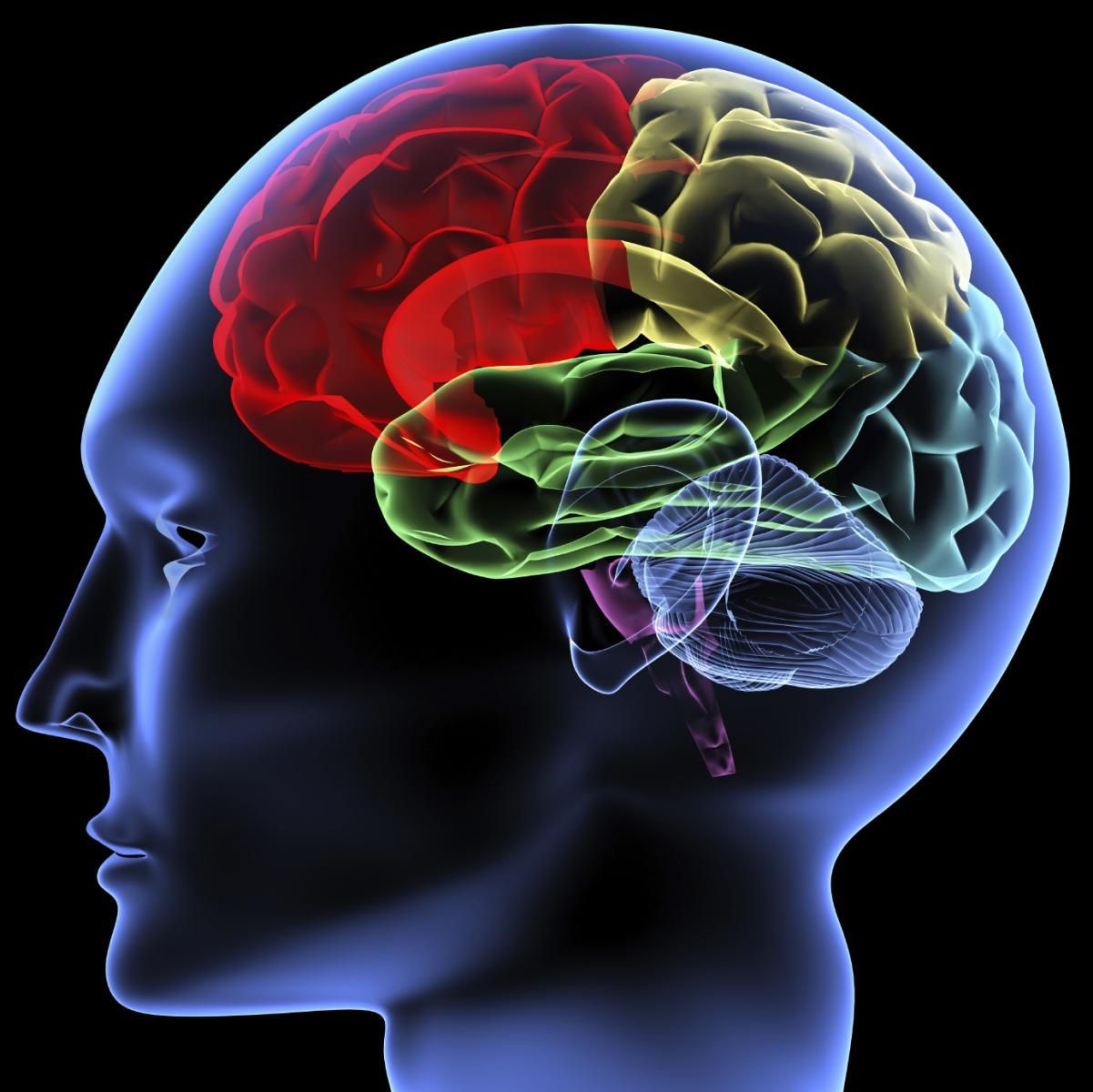Study Explains L-Threonate’s Effect on Magnesium in the Brain
Researchers found that L-threonate is the only magnesium anion that efficiently transports magnesium to neuron cells in the brain.
Photo © iStockphoto.com/Yakobchuk

AIDP’s (City of Industry, CA) magnesium L-threonate ingredient Magtein has shown brain-health benefits in past animal and human studies, but new research offers further insight into the mechanism by which L-threonate supports transmission of magnesium in the brain.
Writing in Neuropharmacology, researchers report that L-threonate “directly induced” an increase of intracellular magnesium concentrations in cultured rat hippocampal neurons. L-threonate was found to boost mitochondrial membrane potential and increase functional synapse density in neuronal cultures, allowing for a greater amount of magnesium to be absorbed in the cerebrospinal fluids and neurons.
“These effects are unique to threonate, as other common [magnesium] anions failed to have the same results,” concluded researchers. They added that L-threonate’s observed effects were mediated through glucose transporters.
In addition to the rat neural cells, researchers also evaluated the effect of L-threonate in human neural stem–cell derived neurons. They found that it was just as effective at upregulating synapse density in the human in vitro model as in the rat in vitro model.
“This new body of research is ground-breaking in that it explains at the molecular level why Magtein is so effective in cognitive function,” said Jennifer Gu, PhD, chief science officer at AIDP. “Magnesium L-threonate is the only compound effectively transporting magnesium to the brain.”
Gu added that the findings also suggest other beneficial minerals for brain health, such as selenium and zinc, may be more efficiently transported to the brain using a similar patented carrier as that used in Magtein.
“This opens doors for formulations and other brain-beneficial minerals,” Gu concluded.
Read more:
Magtein Improves Cognitive Ability in Older Adults?
Bone-Health Cofactors: New Science on Vitamin D, K2, Magnesium, and Zinc
Latest Studies on Brain-Health Nutraceuticals
Michael Crane
Associate Editor
Nutritional Outlook Magazine
michael.crane@ubm.com
References:
Sun Q et al., “Regulation of structural and functional synapse desnity by L-threonate through modulation of intraneuronal magnesium concentration,” Neuropharmacology, vol. 108 (September 2016): 426–439







